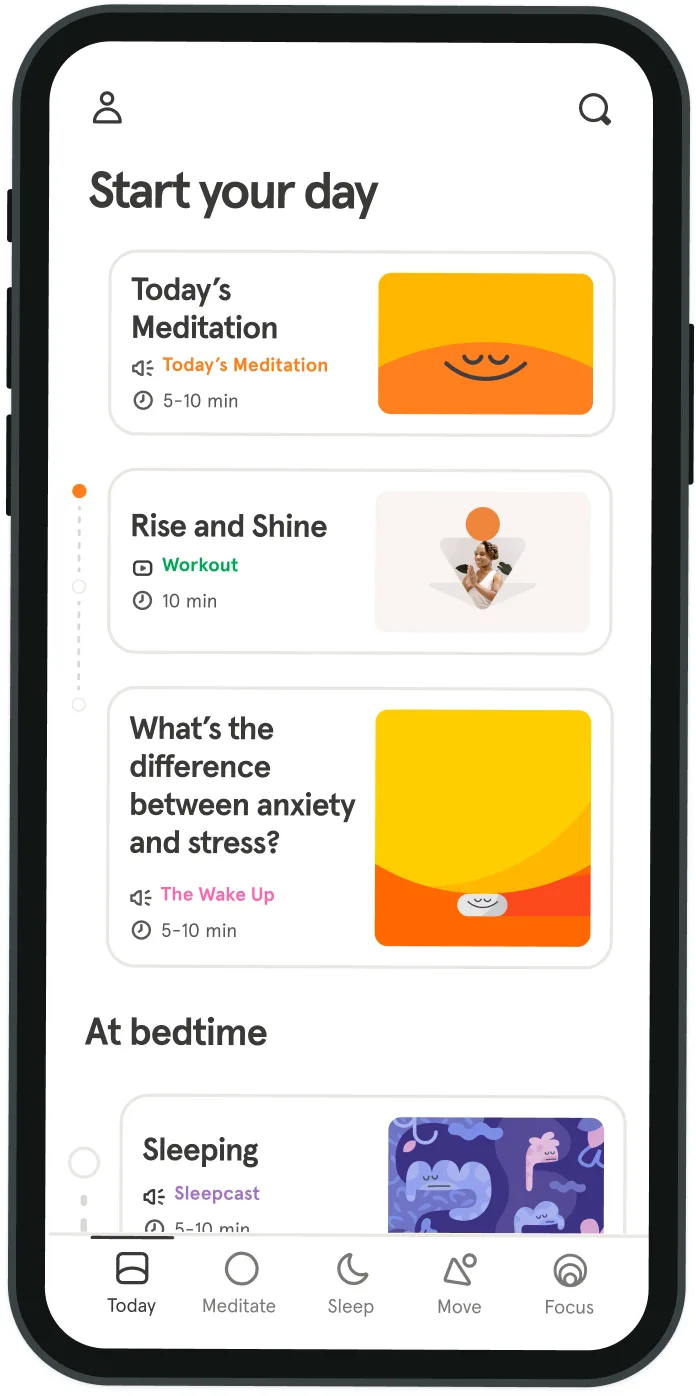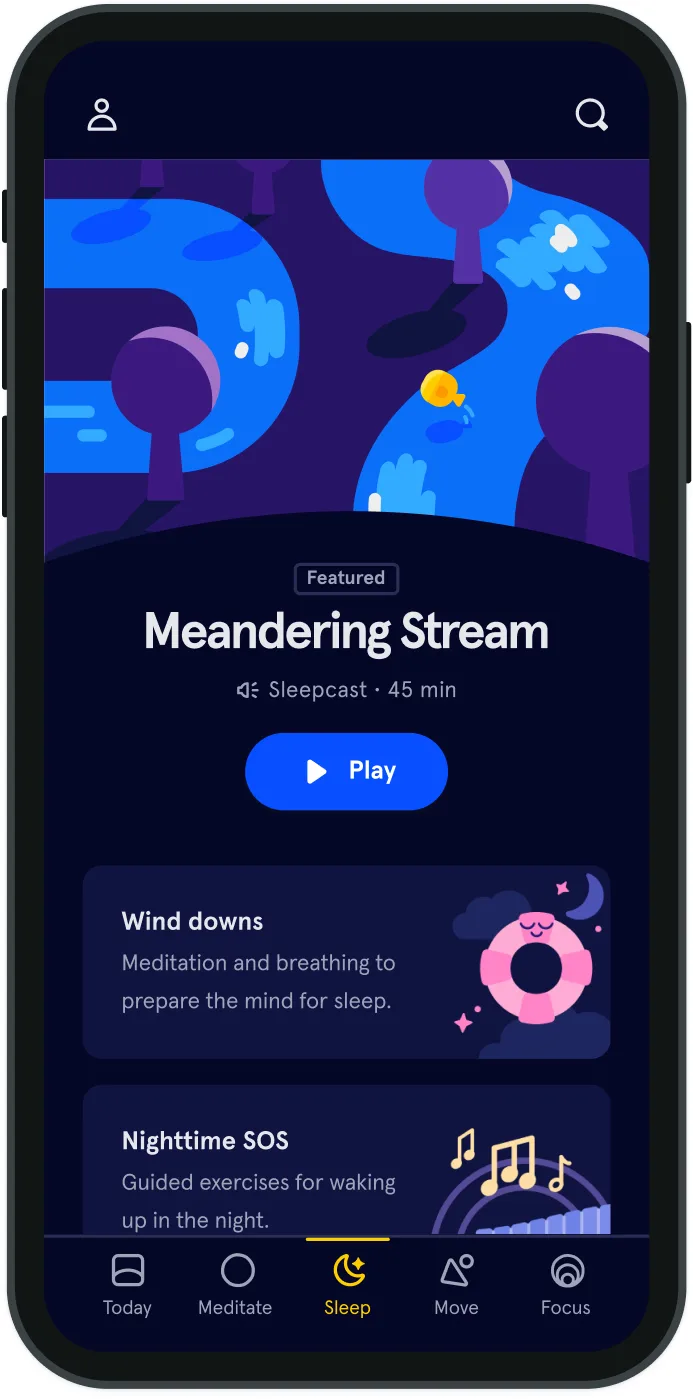Turning mindless into mindful: why boredom is unbearably great
One of my favorite ways to de-stress is to listen to a podcast while driving. It’s a chance to learn and process without distraction. But that momentary respite was nearly brought to a screeching halt for me recently when an award-winning writer asked podcast listeners, “Why write about things you already know?”
The writer argued in favor of seeking new experiences, pushing us to navigate uncharted territory in hopes of finding unexpected stories. And he’s right—people in unfamiliar surroundings are often responsible for life’s most compelling tales. What nearly stopped me in my tracks was the dismissiveness in tone, seemingly to infer that learning something deeply doesn’t hold the same importance as hopping around from town to town looking for an interesting story to cover. I’ll argue just as strongly in defense of exploring the well-known. Rolling ideas around in our minds allows us to find the grooves where we previously thought a piece of information had no texture. Some information grows in value over time. The more critical question I’d pose: how can we ensure a better future if we don’t understand our past? In order to better recall pertinent information, we need time to sort through life’s experiences. Silence is where we can find what matters to us. If we can’t use this time effectively, we may struggle to process our surroundings. But what stops most people from taking the time they might need is that silence can feel a lot like boredom.
Rather than seeking an external thrill to fill the void, try being bored once in awhile. It may allow us the time and space necessary to discover connections that can only be found in solitude. “To be bored is to be unafraid of our interior lives—a form of moral courage central to being fully human,” Maria Popova argues in Brain Pickings. The thoughts we find in these moments are the ones covered by boxes and cobwebs—pieces of stories that we didn’t know were significant at the time, but end up sticking with us years later. These narratives help us in our own work and personal growth as we become better communicators internally and externally. Boredom refreshes our internal spark files, a method author Steven Johnson uses to keep a running list of every single idea to be revisited in times of need. “In a funny way, it feels a bit like you are brainstorming with past versions of yourself,“ Johnson observes. Although his method calls for a written list, it’s strikingly similar to how our brains crave time to sort through the daily information intake. “Downtime replenishes the brain’s stores of attention and motivation, encourages productivity and creativity, and is essential to both achieve our highest levels of performance and simply form stable memories in everyday life,” Ferris Jabr notes in Scientific American. This need for downtime means we ought to get comfortable with feeling bored.
Running away from boredom is not an ideal habit. Instead, we should try to understand how we arrived and what’s next. If we’re burned out, unsatisfied, or tired, we can fix that. But busying our minds until we hit the next roadblock or breakthrough won’t necessarily help us find the answer. It might even make things worse. “Contrary to popular wisdom, boredom is not the result of having nothing to do,” Dr. Sandi Mann found in her study that links boredom and creative thought. “Like most emotions, boredom is likely to have had evolutionary value; as a stimulus proves itself neither dangerous nor reinforcing, people would simply lose interest in it and turn attention to other stimuli.” Her study revealed that exposing subjects to boredom led to increased creativity when problem-solving. “On an individual basis, if one is trying to solve a problem,” Mann continues, “the findings from our studies suggest that undertaking a boring task (especially a reading task) might help with coming up with a more creative outcome.” We ought to take note of the restlessness that attempts to infiltrate our wandering minds. Restlessness wants one thing: a thrill. Seeking excitement serves as a quick hit to satisfy that feeling and nothing more. Giving into restlessness is why the world remains loud and bold, often finding new ways to get our attention–every morsel of information, no matter how incidental, is now labeled breaking news, urgent, you gotta see this! It’s all tuned to extract our attention, even if only to turn the screen off. A boredom deficiency leads to escalation, not solutions. That’s no way to live. Try embracing boredom, if only for a moment. Do nothing extraordinary, sit and think, allow thoughts to wander toward creative answers. We can talk past each other until we’re blue in the face. Or we can accept a little bit of boredom and see where it takes us.



Be kind to your mind
- Access the full library of 500+ meditations on everything from stress, to resilience, to compassion
- Put your mind to bed with sleep sounds, music, and wind-down exercises
- Make mindfulness a part of your daily routine with tension-releasing workouts, relaxing yoga, Focus music playlists, and more
Meditation and mindfulness for any mind, any mood, any goal
- © 2024 Headspace Inc.
- Terms & conditions
- Privacy policy
- Consumer Health Data
- Your privacy choices
- CA Privacy Notice
